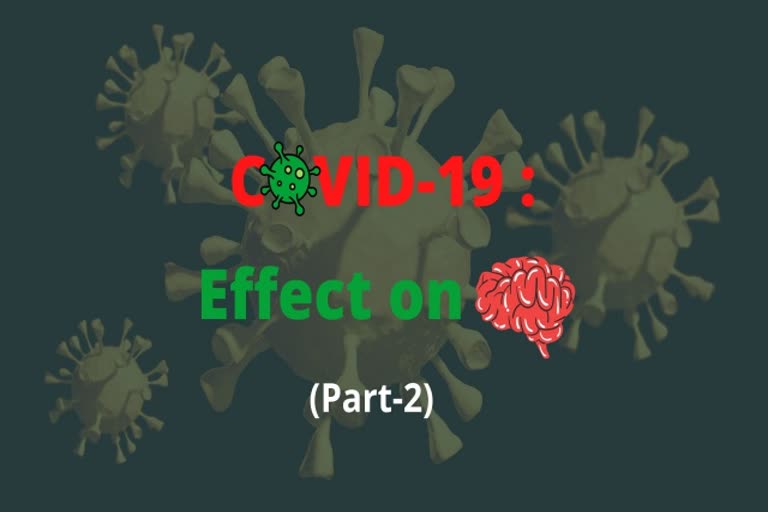Showing its diverse symptoms and aftermath, COVID-19 has been like a terror in the medical world. The novel coronavirus has shown various neuropsychiatric manifestations, in both the infected people and people who have already recovered from the infection. Cases of people suffering from encephalopathy, encephalitis, clotting of blood vessels and veins, etc. have been presented. People also suffered from strokes, even the ones who did not have any pre-existing associated conditions like diabetes, family history of strokes, blood pressure, etc. To understand more about the effects of COVID-19 on the brain, we talked to Dr Sreekanth Vemula, Consultant Neurologist at Apollo Hospitals and Magna Neurology, Hyderabad.
Dramatic Consequences Of COVID-19 On Brain
Even if the other neurological manifestations have not been as severe, psychiatric manifestations have been very prominent. The reason goes beyond the circumstances we are in like uncertainty, financial disturbances, etc. “Even if people do not experience any such serious conditions, they are experiencing headaches, typically like a migraine. It is worse in people with pre-existing headaches or migraine conditions. In migraine, one may have one-sided or both sided headache, very severe, throbbing pain, intolerance to light and sound, feeling of nausea, etc.. Changes very similar to these are occurring after COVID-19” says Dr Sreekanth. He further explains that some of the unusual things he noticed were that in some people, especially in children, there was a very sharp, brief, painful and intolerable headache. “I saw this in two kids, 13 and 14 years of age, who were simultaneously admitted with me. They experienced a brief and severe headache and suddenly it vanished. This is an uncommon pattern I have never found previously”. People also have associated mood disturbances, such as anxiety, depression, irritability or anger especially in children. What else he noticed was when he treated them for depression, the headaches also settled down. Also, people who had pre-existing psychiatric illnesses, they worsened post COVID-19 infection.
Our expert explains that there are some autoimmune phenomena, which means the body reacts to itself. Here, somehow, the nerves in the periphery of the brain are more susceptible than any other part of the body, which is why more people are experiencing post-COVID brain and nerve problems, than any other body system.
